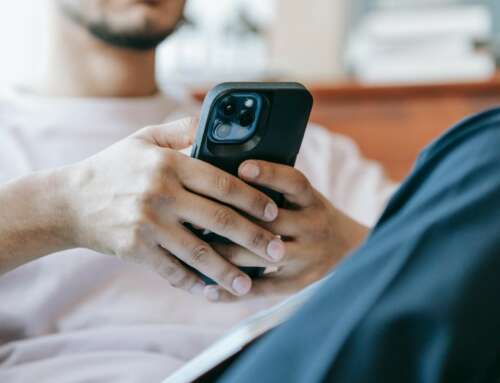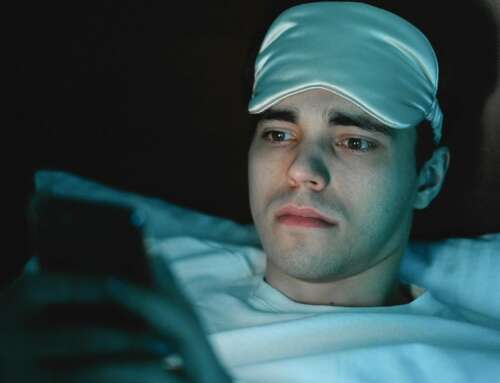The neurological dangers implicated in overusing our devices are well-established. From the incessant cognitive itching to allay novelty bias to a consistent uptick in distracted driving accidents and deaths to the circadian chaos of excessive blue light, our memory and attention are not the only skills being affected. While no long-term studies have traced these issues from childhood through adulthood—yet—one simple fact is inarguable: too much screen time is not healthy.
Now a longitudinal study of over a eleven hundred high school students in Australia has revealed another disturbing aspect of technology addiction: a decline in mental health.
Poor sleep due to late-night calling and texting is the culprit. The group of thirteen- to sixteen-year-olds saw a stark decrease in performance over a four-year period, from 2010-2013. While previous research has linked the blue light emitted from phones to poor sleep, and sleep is necessary for optimal health and emotional regulation, this study is considered the first to link all three, even though anecdotally teachers have noticed increasing sluggishness in their students for years.
Not only was educational performance hindered. Important social skills were also diminished, says Lynette Vernon, lead researcher of this study at Murdoch University in Perth:
The outcomes of not coping – lower self-esteem, feeling moody, externalising behaviours and less self-regulation, aggressive and delinquent behaviours – the levels increase as sleep problems increased.2
It’s not only the light affecting students, Vernon observes. Cognitive arousal when receiving a text or social media like also keeps the receiver primed for further reaction at a time when their body and mind should be winding down. Instead of drifting to sleep their brain remains on alert for the next ding.
–
Read More: Decline in Teen Mental Health Attributed to Late Night Stimulation
Image by Marvin Meyer from Unsplash








Leave A Comment